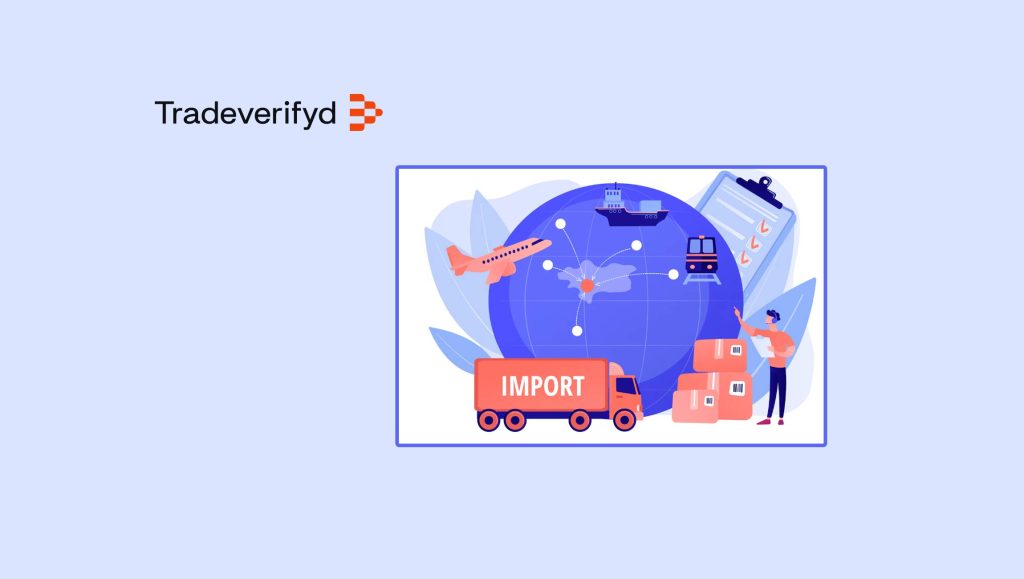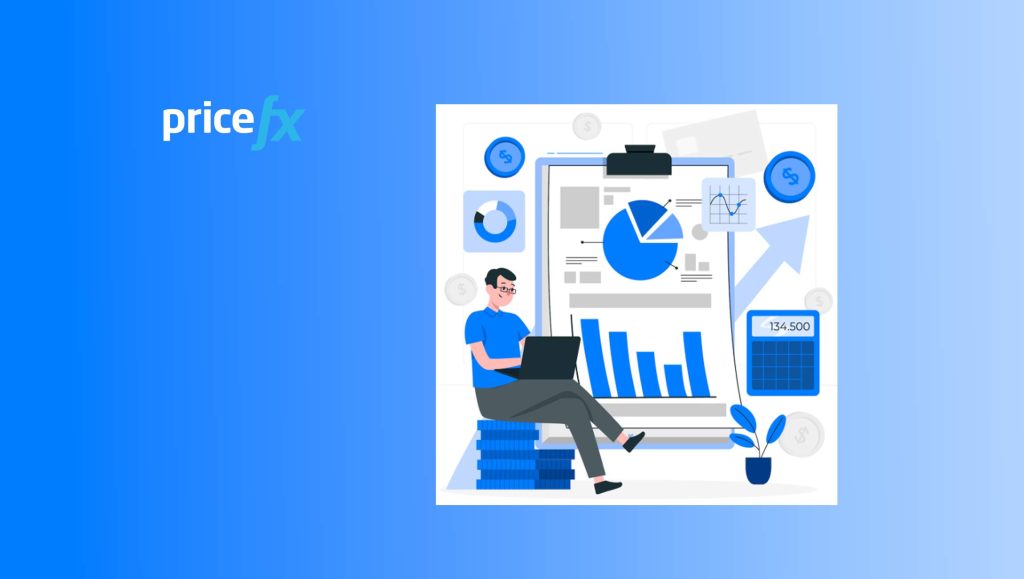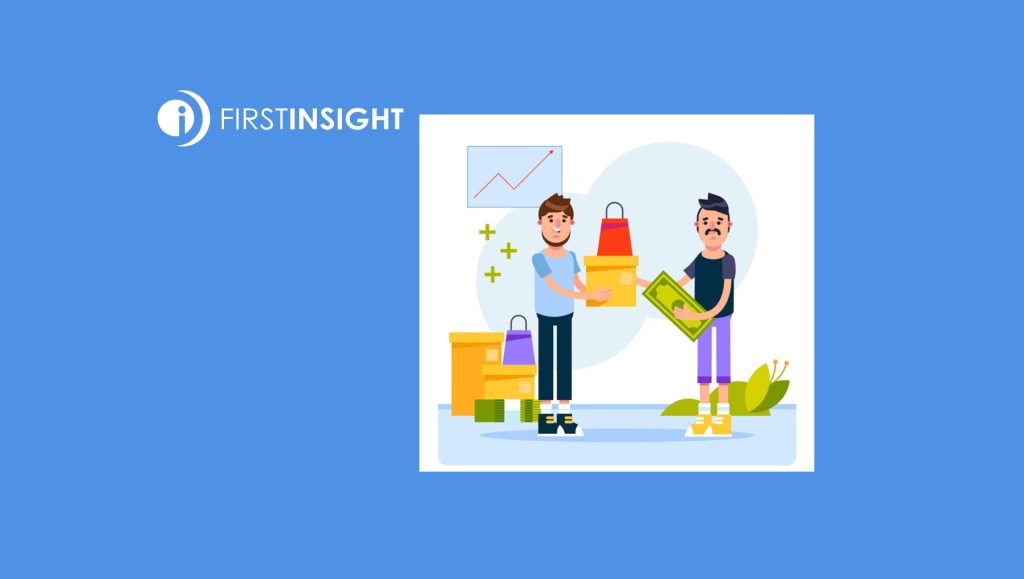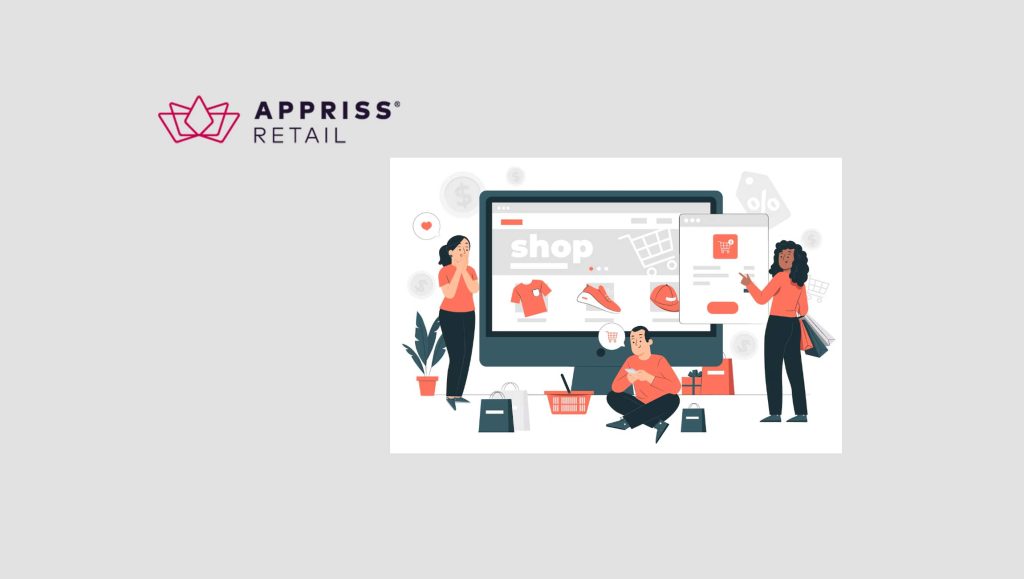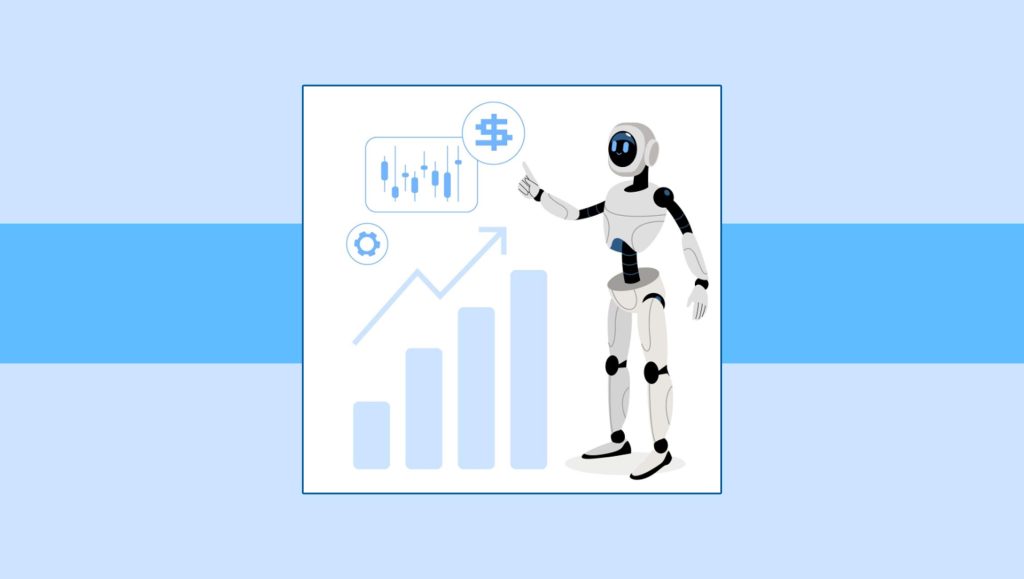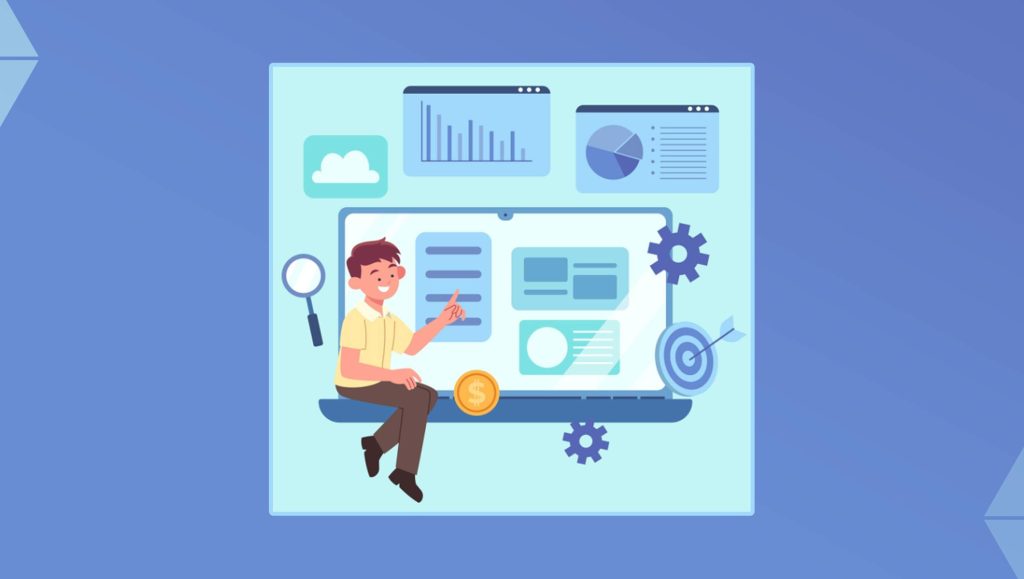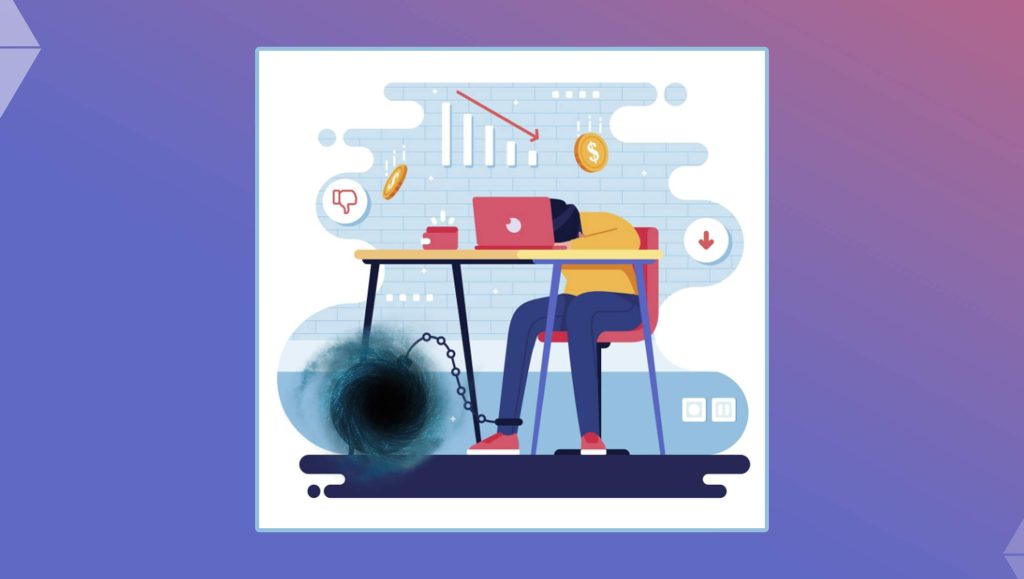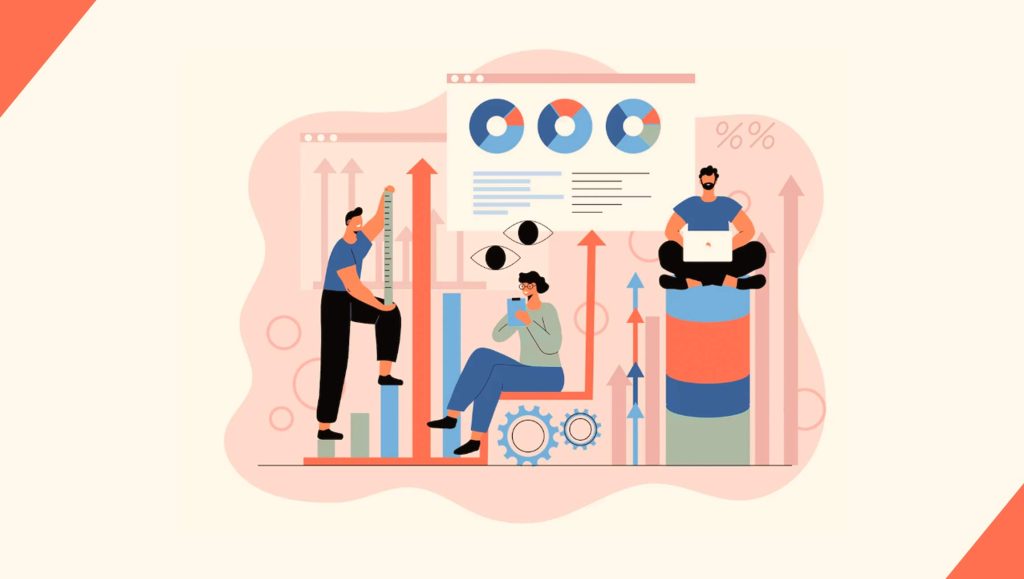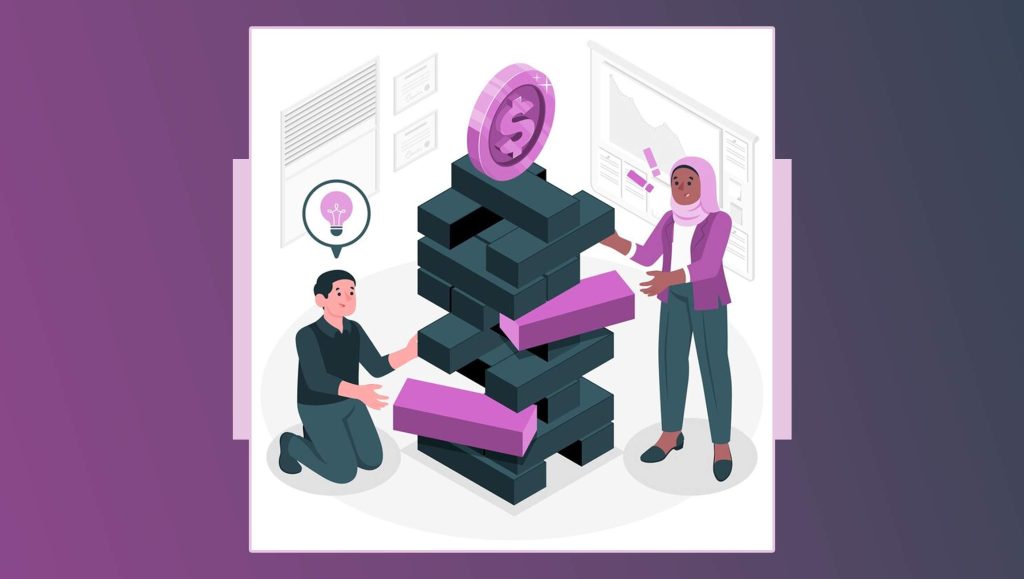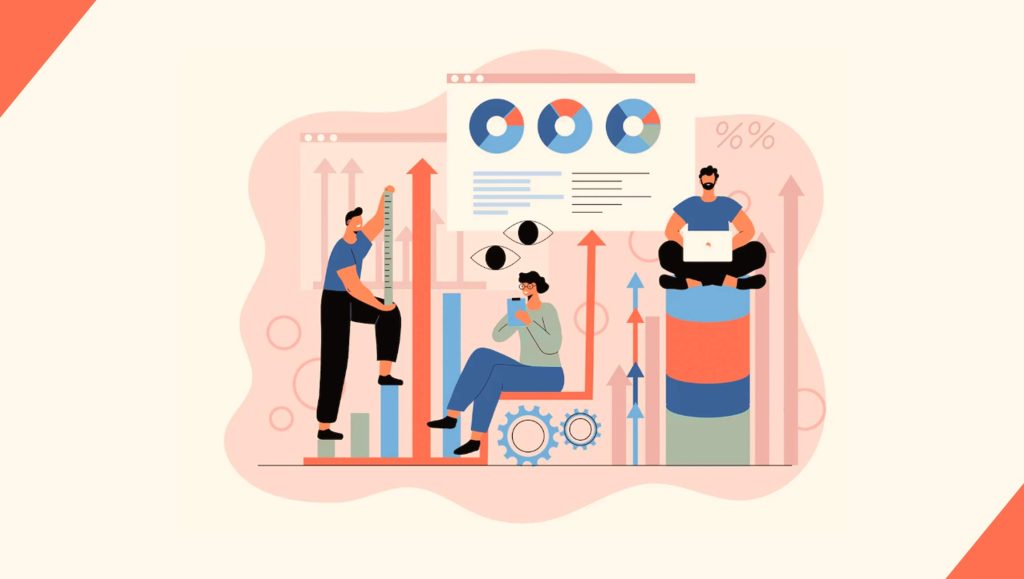Let’s be honest, “sustainability” as a business concept hasn’t always been top of mind. And, when it was, it was often little more than a marketing badge: eco-friendly. Companies either embraced sustainability out of their own ethical obligation or to chase a market segment.
Today, that has changed.
We have reached a tipping point where the drive for sustainability has gone from a “nice to have” or a “business differentiator” to a requirement – both for customers and for governments. Research in our B2B Buyer Report shows that 92% of B2B buyers perform sustainability research before buying.
And if they can’t find the information? They walk away.
Welcome to the tipping point.
Adapting to this new reality will require effort greater than a simple buzzword; it will require that businesses understand what customers are researching, as well as aligning with new regulations from where they conduct business.
Here’s how B2B sellers can meet the moment and bring sustainability to the forefront of their businesses.
B2B Buyers Have Evolved
Here’s the reality: 71% of B2B buyers are now millennial or younger (digital natives). In a recent study by Deloitte, they revealed that 63% of millennials and 64% of Gen Z respondents were willing to pay more for environmentally sustainable purchases. Furthermore, Deloitte reports that 73% of millennials and 69% of Gen Z are taking steps to minimize their negative impact on the environment.
Taken in concert, more B2B buyers are taking steps to increase sustainability and minimize unsustainable behaviors. This translates into the workplace. Our report shows that 92% of B2B buyers perform sustainability research before making a purchase. When that information is not present, these buyers make a choice: 46% will call a sales rep, while 27% will simply find another vendor.
These aren’t buyers who are leaving because the sustainability requirements haven’t been met; these are buyers who are leaving simply because the sustainability information isn’t available.
These businesses very well have sustainability metrics that would meet their buyers’ requirements – but because that information can’t be found, they lose the sale.
In other words, having poor visibility into sustainability efforts is nearly as bad as having poor sustainability practices overall.
Can your business afford to lose 27% of buyers?
Read More: SalesTechStar Interview with Hayden Stafford, President & Chief Revenue Officer at Seismic
Sustainability Benefits Businesses
Reading the last stat, B2B sellers might fear sustainability initiatives are used only to protect existing market share. That is not the case.
From purely a business perspective, embracing sustainability practices yields benefits across all levels of an organization. In a meta-analysis of 40 sustainability studies, a host of benefits were confirmed. 80% of studies showed that sustainability benefitted operations, 85% showed benefits to sales and marketing, and 50% showed benefits to procurement.
Of particular note was that 68% of studies highlighted improved market access as a key benefit of sustainability. Businesses not only embraced sustainability to retain market share – but in many instances were able to penetrate new markets through sustainability certifications.
From a logistics perspective, the greatest benefit was seen in operational efficiency and risk management, with 60% of studies noting this benefit. By adopting sustainability schema, businesses often streamlined and overhauled processes, increasing efficiency, reducing waste, and improving performance monitoring.
Sustainability is Required
In 1952, London was hit by The Great Smog: a smog as thick as pea soup. This toxic mix of fog and pollutants killed 12,000 people.
As a response, the UK passed the Clean Air Act in 1956, which eliminated many pollutants in the city, including coal in both household and industrial stoves.
London has never experienced such a horrific smog since.
We don’t think about “not using coal” as a novel form of sustainability. It’s just standard practice. But in the 50s, this was a real change. What once seems insurmountable becomes challenging becomes standard practice.
In the EU, businesses must follow the Corporate Sustainability Reporting Directive (CSRD) which requires them to report on their operations and upstream and downstream supply chains. These reports detail the impact on the environment and society, and how climate and sustainability risks can affect company performance.
Investors and purchasers will now have public reporting about sustainability to weigh when they choose who to partner with. This is particularly important in B2B, where buyers are also sellers and also have sustainability requirements to meet. These buyers have a vested interest in making sure their upstream meets sustainability requirements as it directly impacts their ability to meet standards imposed on their business.
This is why 92% of B2B buyers perform sustainability research. Their company’s success is on the line.
Sustainability: An Essential Opportunity
Embracing sustainability is not a trade off between success and ethical practice. Nor is it a requirement that needs to be met simply to maintain market share.
Instead, it is an opportunity to do three things: meet buyer demands, improve operations, and operate ethically.
This alignment of buyer ethics, government regulations, and business incentives is an exciting and encouraging moment. B2B sellers must race to meet it.
Read More: Sales Teams Have the Tech. So Why Is Execution Still Stalled?





